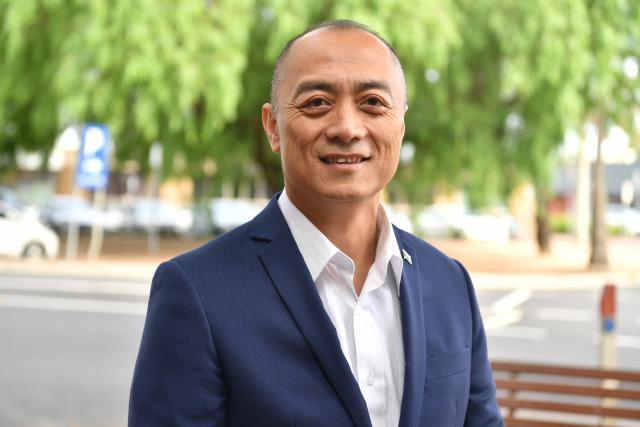Liberal MP Trung Luu escaped to Australia 44 years ago in search of freedom, but he now says the country he adopted is hurtling towards more big government.
The first Australian-Vietnamese MP in the Victorian Parliament, Luu’s family was among thousands of refugees fleeing communist Vietnam after the fall of Saigon, with nothing but the clothes on their backs.




